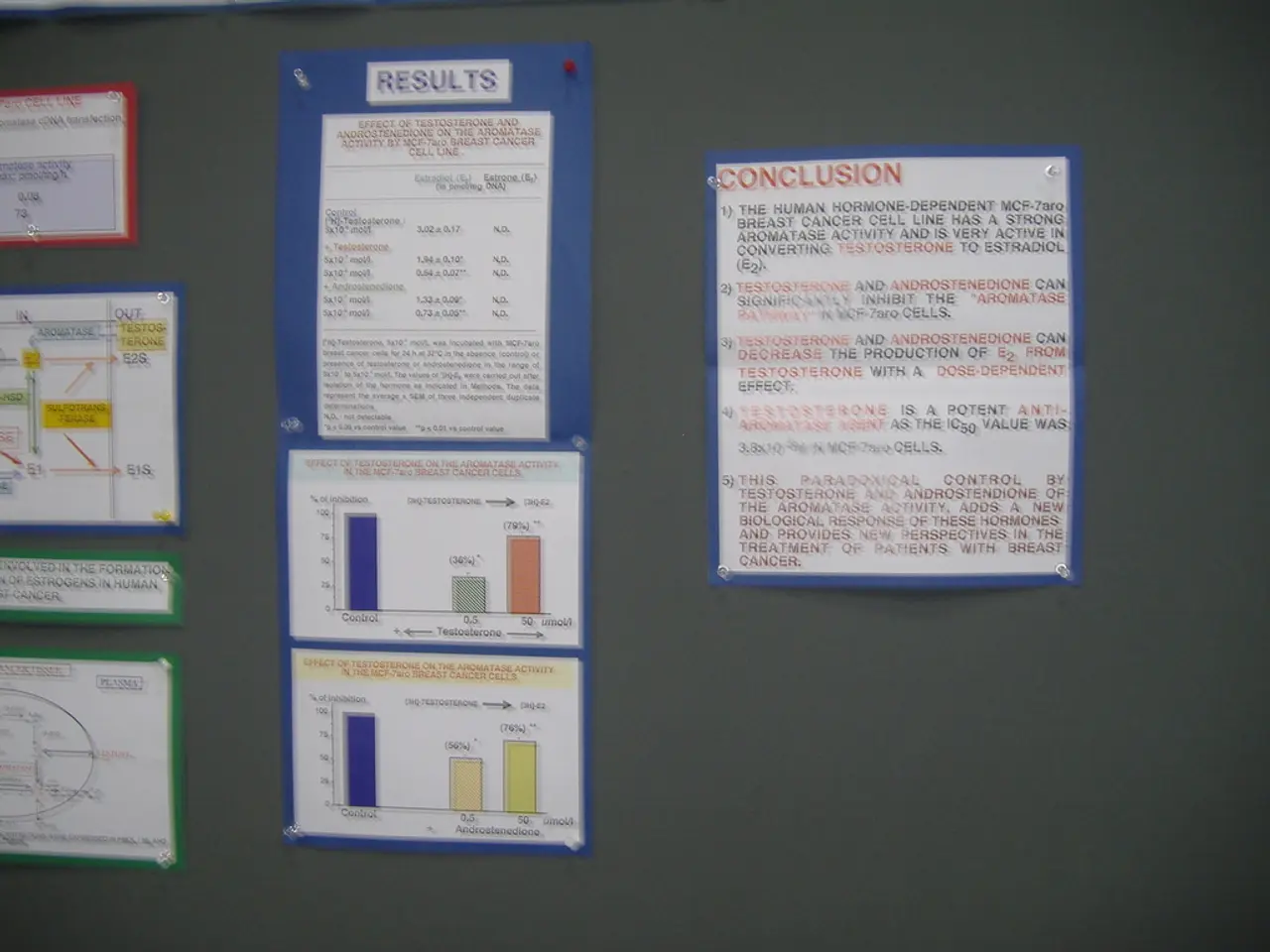Contestation Regarding Fundamental Power and Gas Supply
In the heart of Europe, Germany is grappling with the intricacies of its energy backup supply, a critical aspect of ensuring a reliable and sustainable energy infrastructure. The focus of recent regulatory proposals centres around the construction of new gas-fired power plants, aiming to provide a backup for renewable energy sources, as the country phases out coal and nuclear power.
The German government is planning to build up to 20 GW of new gas-fired power plants by 2030. These plants, operating under a flexible, technology-neutral framework, are supported by subsidies, partially approved by the EU. Initially, the plants were required to be convertible to run on hydrogen, but the current government under Friedrich Merz has dropped the strict hydrogen readiness requirement, opting instead for carbon capture technology to reduce emissions. However, the government is actively working on ramping up hydrogen production and may consider switching to hydrogen-powered plants in the future.
Oliver Krischer, parliamentary state secretary in the Federal Ministry of Economics, is advocating for a stronger rein in the business practices of budget providers. He believes that notice periods for suppliers should be tightened, but specific details on these periods and the role of municipal utilities in backup supply are not explicitly detailed in the current proposals.
The VKU CEO, Ingbert Liebing, shares similar sentiments, expressing the need for stricter rules regarding energy supply termination. He is concerned about sudden disconnections by energy companies, a problem that he wants to prevent in the future.
The Federal Association of Consumer Centres (VZBV) has put forth different demands, advocating for the tariff of the backup supply to correspond with that of the basic supply. Consumer advocates have proposed three conditions for providers regarding higher tariffs in the backup supply: they must be time-limited, capped as a percentage, and providers must justify them to supervisory authorities.
The VKU, an association of municipal utilities, has proposed a three-month notice period for energy suppliers before terminating customers. However, it is important to note that this notice period does not protect against insolvency.
In the context of Germany's energy landscape, the role of municipal utilities like the VKU is significant. They often step in as basic and backup suppliers when other providers cease operations, serving as a safety net for consumers.
The controversy surrounding the tariff split is another point of contention. Krischer believes that the current tariff split is legally correct, while Thomas Engelke, head of the energy and construction team at VZBV, has stated that there should only be one tariff for new and existing customers in the basic supply.
The regulation of the backup supply by the federal government remains unclear, leading to calls for strengthened supervision by the Federal Network Agency. However, there is a concern about further increasing energy prices, a delicate balance that needs to be maintained.
In summary, while Germany moves forward with its plans to build new gas backup plants under a flexible, technology-neutral framework with some debate about hydrogen readiness, there is a lack of public, detailed information on notice periods for suppliers or the specific involvement of municipal utilities in backup supply. The state continues to support security of supply through subsidies, emissions pricing, and power plant strategy adaptations, but the future regulations surrounding the energy market remain a topic of ongoing discussion and debate.
The German government, in its bid to strengthen the business sector, is considering stricter rules for energy suppliers, with Oliver Krischer advocating for shorter notice periods for suppliers. This move is aimed at preventing sudden disconnections, a concern shared by Ingbert Liebing, the CEO of VKU.
In the other industry realm, the Federal Association of Consumer Centres (VZBV) has presented demands for a single tariff for backup supply and has proposed three conditions for providers to justify higher tariffs. This call for regulation by the Federal Network Agency aims to maintain a delicate balance and avoid further increasing energy prices.




